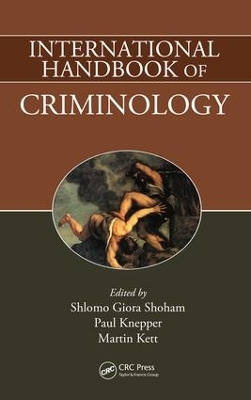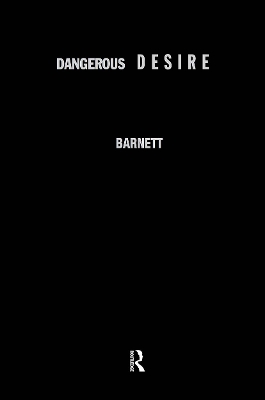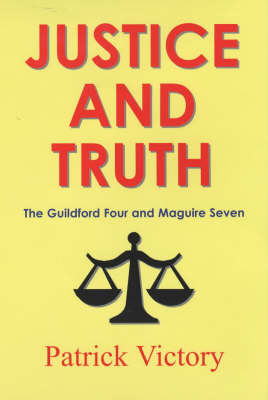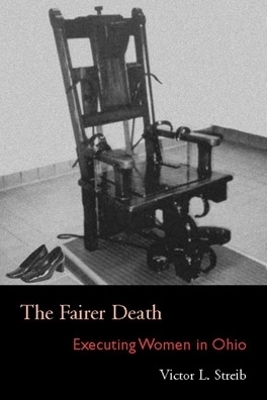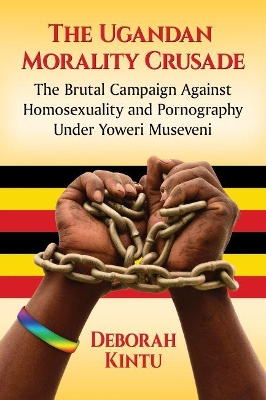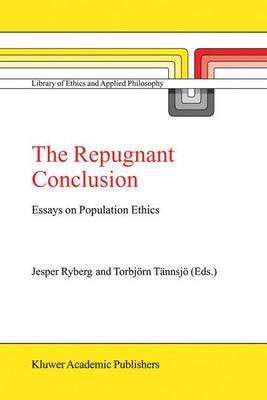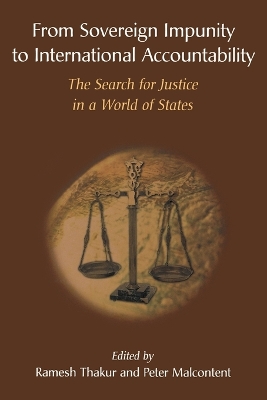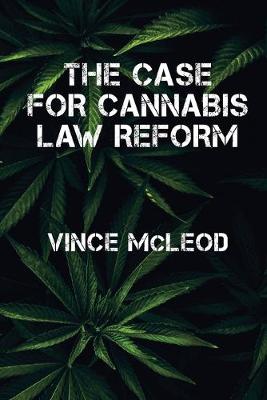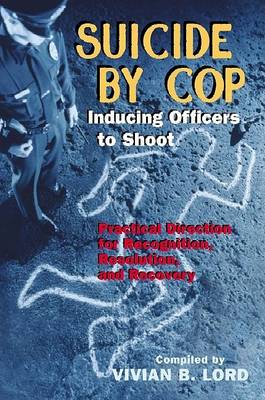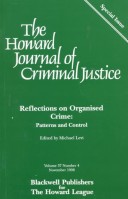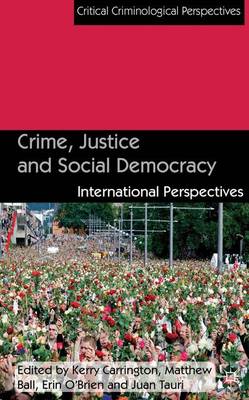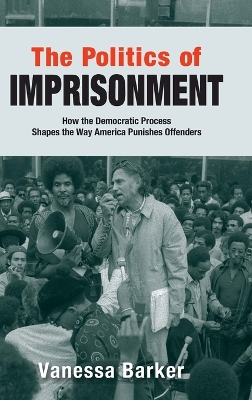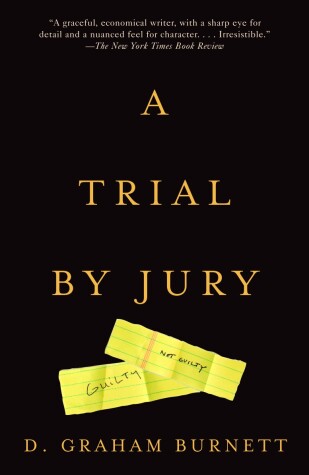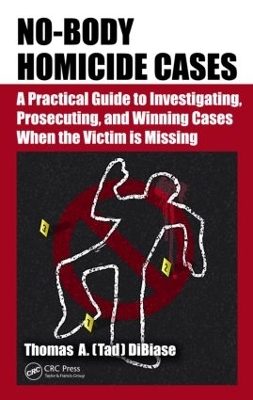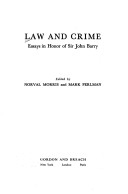Most of us have been victims of frauds and related crimes at some point or the other in our lives. We may not have answers to pertinent questions such as: Who is responsible for the fraud committed? Why do people commit white collar crimes? What makes us vulnerable to such crimes? Who could have prevented the crime? What could individuals and entities do to prevent the crime in future and what action should we take to recover the losses? Unlike street crimes where victims are clearly identified...
The Trial of Charles Manson (Famous Trials)
by Craig L Staples and Bradley Steffens
International Handbook of Criminology
A substantive guide to state of the art research and theory, the International Handbook of Criminology completes an esteemed trilogy of comparative analyses and insight from worldwide experts. Exploring a phenomenon that penetrates cultures of all racial, ethnic, and social classes, this volume continues in the tradition of its predecessors in the
For sophomore/senior-level courses in Probation and Parole and Community Corrections.Featuring a front-line practitioner's insights based on the author's extensive experience as a senior New York State parole officer, this text exposes students to the complex, "real" world of probation and parole. Comprehensive in approach, it explores the cutting-edge of both practice and theory with regard to all aspects of adult and juvenile probation, institutions, and parole.
Dangerous Desire is an important work that calls attention to how post-1960s literary representations of rape have shaped the ways in which both sexual and social freedoms are imagined in American culture. Exploring key post-sixties texts including Cleaver's Soul on Ice , Brownmiller's Against Our Will , French's The Women's Room , Naylor's The Women of Brewster Place , Walker's Meridian , and Dickey's Deliverance , Barnett finds that the widespread literary explorations of rape were almost alwa...
The Fairer Death (Series on Law, Society, and Politics in the Midwest) (Law Society & Politics in the Midwest)
by Victor L. Streib
Women on death row are such a rarity that, once condemned, they may be ignored and forgotten. Ohio, a typical, middle-of-the-road death penalty state, provides a telling example of this phenomenon. The Fairer Death: Executing Women in Ohio explores Ohio's experience with the death penalty for women and reflects on what this experience reveals about the death penalty for women throughout the nation. Victor Streib's analysis of two centuries of Ohio death penalty legislation and adjudication revea...
In 1999, General Museveni, Uganda's autocratic leader, ordered police to arrest homosexuals for engaging in behavior he characterized as ""un-African"" and against Biblical teaching. A state-sanctioned campaign of harassment of LGBT people followed. With the approval of sections of Uganda's clergy (and the support of U.S. evangelicals) harsh morality laws were passed against pornography and homosexual acts. The former disproportionately affected urban women, curtailing their freedoms. The latte...
Juvenile Justice: An Introduction is a student-friendly analysis of all aspects of the juvenile justice system. The book covers the history and development of the juvenile justice system and the unique issues related to juveniles, including police interaction, court processes, due process, movements toward diversion and deinstitutionalization, and community intervention. This book also examines particular issues within juvenile justice, such as female delinquency, gang delinquency, and the use o...
The Repugnant Conclusion (Library of Ethics and Applied Philosophy, #15)
Most people (including moral philosophers), when faced with the fact that some of their cherished moral views lead up to the Repugnant Conclusion, feel that they have to revise their moral outlook. However, it is a moot question as to how this should be done. It is not an easy thing to say how one should avoid the Repugnant Conclusion, without having to face even more serious implications from one's basic moral outlook. Several such attempts are presented in this volume. This is the first volume...
From sovereign impunity to international accountability
This publication examines international criminal liability, crimes against humanity and the role of the international criminal courts, and explores the changing political and human rights context that gave rise to the international norm of individual criminal accountability. It brings together a preeminent group of experts to explore the progress, scope and controversies of international accountability
Reflections on Organised Crime
This book analyses the ways that some crimes are organized in contemporary Europe and some key aspects of the responses of policing institutions - principally but not exclusively 'the police' - toward those crimes. The authors are critical of the received wisdom about such issues as the monopolistic tendencies of 'Russian organized crime', the globalized sophistication of money-laundering, and the internationalisation of crime syndicates themselves. What they propose - on the basis of an admitte...
The Oxford Handbook of Organized Crime (Oxford Handbooks in Criminology and Criminal Justice (Hardcover))
Crime, Justice and Social Democracy (Critical Criminological Perspectives)
This is a provocative collection of timely reflections on the state of social democracy and its inextricable links to crime and justice. Authored by some of the world's leading thinkers from the UK, US, Canada and Australia, the volume provides an understanding of socially sustainable societies.
The Prisoner at the Bar; Sidelights on the Administration of Criminal Justice
by Arthur Cheney Train
The Politics of Imprisonment (Studies in Crime and Public Policy)
by Vanessa Barker
The Politics of Imprisonment seeks to document and explain the chronic long-term differences in American crime policy. It argues that the American states responded in radically different ways to rising crime, social upheaval, war, and declining trust in government due to the variation, complexity, and nuances of American democracy. It examines how the democratic process and social trust shape penal sanctioning in the United States. The research shows that higher levels of civic engagement tend t...
When Princeton historian D. Graham Burnett answered his jury duty summons, he expected to spend a few days catching up on his reading in the court waiting room. Instead, he finds himself thrust into a high-pressure role as the jury foreman in a Manhattan trial. There he comes face to face with a stunning act of violence, a maze of conflicting evidence, and a parade of bizarre witnesses. But it is later, behind the closed door of the jury room, that he encounters the essence of the jury experienc...
How do you prove someone guilty of murder when the best piece of evidence—the victim’s body—is missing? Exclusively dedicated to the investigation and prosecution of no-body homicide cases, this book provides the author’s insight gained from investigating and trying a no-body case along with what he’s learned consulting on scores of others across the country. A practical guide for police and prosecutors, it takes an expansive look at both the history of no-body murder cases and the best methods...
Providing a comprehensive introduction to forensic science for readers with a limited scientific background, this text examines how science is used in criminal investigations today, as well as reviewing the capabilities and limitations of current crime laboratories.
Law and Crime


